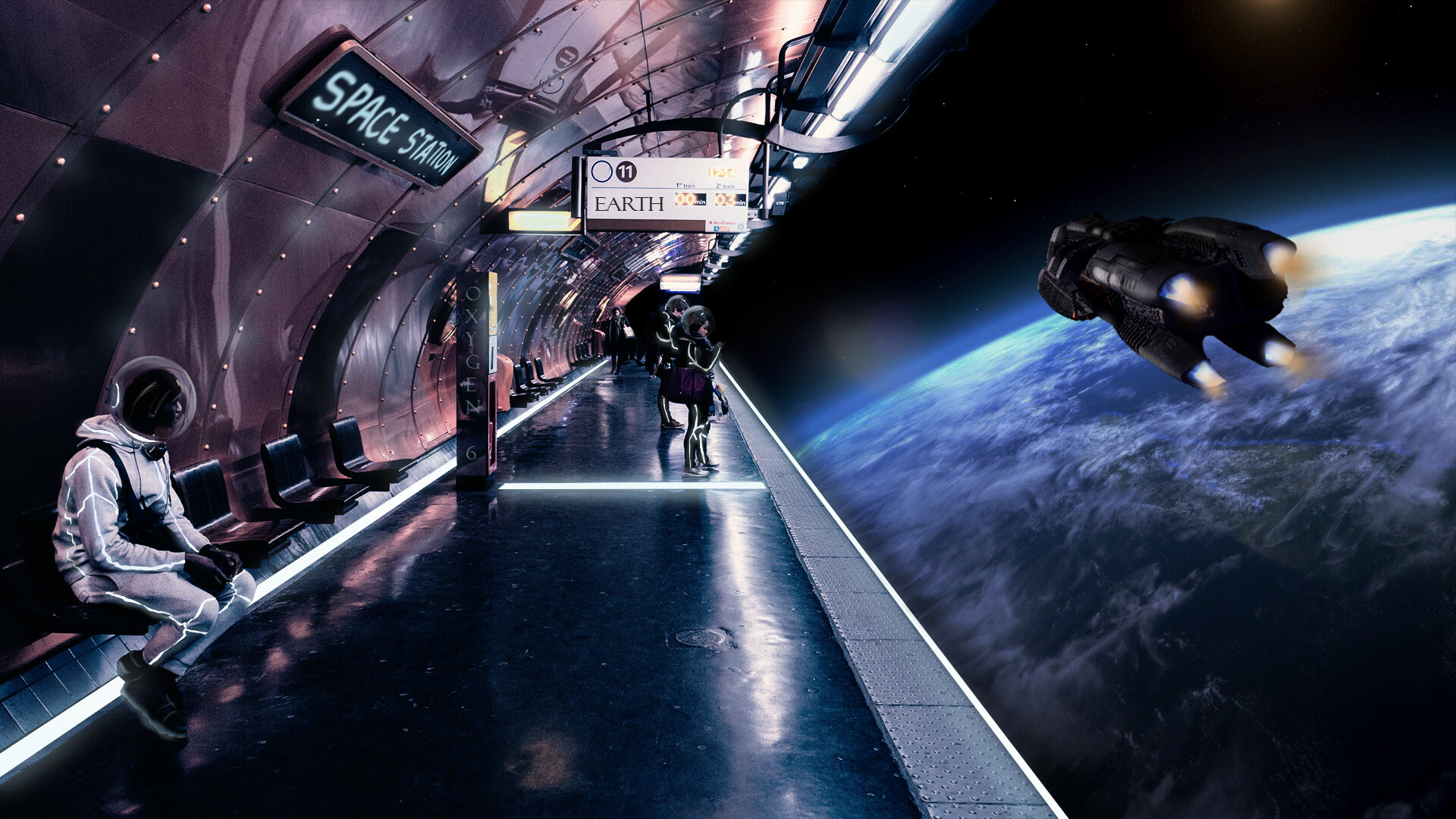In 2024, the landscape of space tourism is evolving at an unprecedented pace, with private companies and government agencies driving advancements that promise to redefine our relationship with the cosmos. As the year unfolds, several notable updates in the space tourism sector are capturing the attention of enthusiasts, industry experts, and the general public alike.
One of the most anticipated developments is the continued expansion of commercial space travel options. Companies such as SpaceX, Blue Origin, and Virgin Galactic are making significant strides in making space tourism more accessible. SpaceX, founded by Elon Musk, is actively working on its ambitious goal of enabling private citizens to journey beyond Earth’s orbit. The prospect of civilians venturing into deep space marks a major milestone in the democratization of space exploration.
Similarly, Blue Origin, led by Amazon’s Jeff Bezos, is focused on suborbital space tourism experiences. The company’s New Shepard rocket has undergone successful test flights, and plans for commercial launches are on the horizon. As Blue Origin refines its technology, the dream of ordinary individuals experiencing weightlessness and seeing the curvature of the Earth from the edge of space inches closer to reality.
Virgin Galactic, under the leadership of Sir Richard Branson, has been at the forefront of suborbital space tourism. Building on the success of its Unity spacecraft, Virgin Galactic aims to offer commercial spaceflights for paying customers. The company has garnered attention for its innovative approach and commitment to pushing the boundaries of space travel.
In addition to these industry giants, new players are emerging, contributing to the competitive landscape of space tourism. Start-ups and international ventures are exploring novel ways to make space accessible to a broader audience, ensuring that the sector continues to diversify and innovate.

Governments are also playing a pivotal role in shaping the future of space tourism. Collaborations between space agencies and private entities are becoming more common, fostering an environment of shared resources and expertise. As regulatory frameworks for commercial space activities evolve, a balance between safety, accessibility, and responsible use of space resources is being actively pursued.
Beyond suborbital adventures, the concept of orbital space tourism is gaining traction. Proposals for hotels in low Earth orbit and extended stays on space stations are generating excitement. Companies like Axiom Space are working towards creating commercial space stations, opening up the possibility of civilians living and working in space for extended periods.
Moreover, advancements in space transportation technology are contributing to the feasibility of longer and more ambitious space journeys. The development of reusable rockets and sustainable propulsion systems is not only reducing the cost of space travel but also paving the way for more frequent and accessible trips to the cosmos.
In conclusion, the updates in space tourism in 2024 reflect a transformative period for the industry. As private companies, entrepreneurs, and governments collaborate to make space more accessible, the dream of experiencing the wonders of the universe is becoming a reality for an increasing number of people. The evolving landscape of space tourism promises a future where venturing beyond Earth’s atmosphere is not just the domain of astronauts but a thrilling adventure for the adventurous at heart.
If you enjoyed this read, check out our other posts.














What do you think?
Show comments / Leave a comment